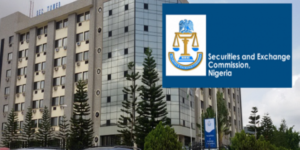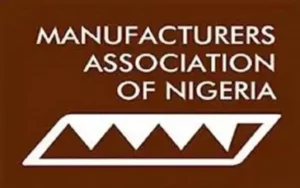
By Favour Bamidele
TELECOMMUNICATIONS operators have activated and reactivated 4.3 million telephone lines as Nigeria’s teledensity leaped by 1.6 per cent in November 2022.
Subscription statistics from the Nigerian Communications Commission (NCC), the November edition, released at the weekend, showed that the activation of 4.3 million telephone lines ensured that the country’s active telephone lines moved from 214.7 million in October 2022 to 218.9 million by November 2022.
The statistics showed that the Internet subscription via the narrow band increased slightly within the period under review by 171,375, while broadband usage garnered fresh 1.32 million subscribers, rising from 86.9 million in October 2022 to 88.2 million a month after.
Further analysis of the data showed that MTN recorded the highest gain of 3.1 million subscriptions in the month. The telecommunications firm, which pioneered 5G in Nigeria, remains the largest operator with a 39.54 per cent market share and 86.4 million subscribers.
Globacom is second with 27.4 per cent market reach and 59.9 million customers across the country as of November 2022. The telecommunications firm was only able to add 312,274 to the network in the period under review.
Airtel, which added 713,865 in November, is following closely with 59.4 million users and 27.2 per cent subscribers. 9mobile is last with 12.8 million customers and 5.87 per cent market penetration. The firm added 69,812 new subscribers to the network.
Smile Communications and nTel are the leading Voice over Internet Protocol (VoIP), operators in Nigeria. As of October 2022, Smile reported 246,393 subscribers while nTel comes a distant second with 1,775.
MEANWHILE, as 2023 gradually takes off, the telecom operators have asked for cost-based tariffs.
The Chairman of the Association of Licensed Telecommunications Operators of Nigeria (ALTON), Gbenga Adebayo, said this has become necessary based on the several challenges confronting members’ ease of doing business in Nigeria.
Adebayo stressed that the telecoms industry is pricing below its cost. He emphasized that contracts between players must reflect the reality of market prices; diesel supply by InfraCos must be reflected in their pricing to mobile network operators (MNOs).
Again, the ALTON boss said priority should be given to operators by the Central Bank of Nigeria (CBN) to access foreign exchange (Forex), “so that they can service foreign contracts and procure equipment that is required to deliver a quality of service.”
According to him, ALTON members rely on forex for importation, because “virtually everything we use in the sector is import dependent. You talk about the base station equipment; generating sets, and batteries among others. But the inability to get a foreign exchange is impacting not only expansion but also upgrades of existing infrastructure.
“Now that we are deploying 5G, operators need access to forex, if the service must be expanded. Lots of members are finding it difficult, they cannot fulfill this obligation. The sector needs intervention. I pray what happened in the aviation sector would not find expression in the telecoms industry.”
Adebayo, who advocated that the sector should be classified as the first sector to be attended to when it comes to access to forex, stressed that there is a bad debt profile on some members.
According to him, so many telecom operators have become dormant because of several challenges confronting the sector, especially the inability to access forex, multiple taxations, and over regulations among others.
Adebayo said these challenges have become a major headache to the industry, stressing that over 40 different taxes are slammed on the operators.








